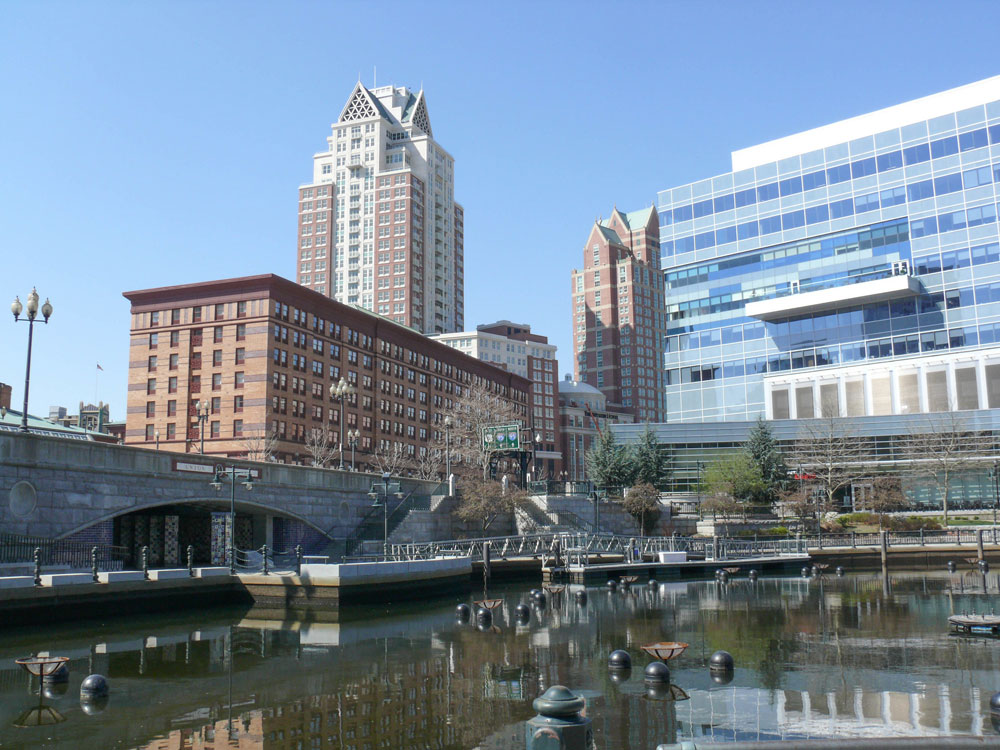
December 17, 2019; Boston Globe
In a city like Providence, Rhode Island, where 40 percent of the land is owned by nonprofits, residents can end up paying an outsize amount in property taxes, escalating their cost of living. These households must pay taxes or eventually lose their houses, with no pity to spare for those who had a bad year.
Providence does have PILOT agreements (for “payment in lieu of taxes”) with its largest nonprofits, as do many other cities in the same straits. These payments are often a fraction of what the tax bill would be if the property were not held by a nonprofit. The agreements are voluntary and, in too many cases, not consistently honored, which makes local governments unable to count on the revenue.
For example, the state’s biggest hospital group and largest employer, Lifespan, announced it had run a deficit of $55 million during the 2018–19 fiscal year. This places not only jobs, but the nonprofit’s $400,000 PILOT payment in question, even though the Providence city budget counts it as expected revenue. Again, it’s a bill that neither you nor I could simply not pay, but Jane Bruno of Lifespan says the group won’t decide whether it will pay its PILOT until late spring, when the budget is about ready to close out.
“We make the determination of our ability to make a PILOT payment in the third quarter of our fiscal year (April—June) based on past and current year’s performance,” says Bruno. “It is still too early in our current year to make a determination.” She also suggests that they may not make a multi-year commitment this year.
Sign up for our free newsletters
Subscribe to NPQ's newsletters to have our top stories delivered directly to your inbox.
By signing up, you agree to our privacy policy and terms of use, and to receive messages from NPQ and our partners.
Granted, this is a $400,000 payment in a $770 million budget, but it still rankles, creating ill will between the city and its major nonprofits year after year. The revenue budget this year from PILOT payments is $76 million, so we can assume they are paying something on the order of 25 cents on the dollar in property taxes.
“If I don’t pay my taxes, they’re going to put my house up for sale at a tax sale,” said Councilman James Taylor, a member of the Council Finance Committee, who has been critical of the city’s nonprofit institutions for not offering more financial support to the city. “I think we should go back to the table and make sure those payments aren’t voluntary and make sure we know what their fair share is.”
Meanwhile, Mayor Jorge Elorza’s office says it is expecting Lifespan to send the city its $400,000—and in this fiscal year. State Representative Daniel McKiernan says the government needs more predictability.
“While I recognize that Lifespan has been a good corporate citizen, there’s a problem larger than Lifespan,” McKiernan says. “Forty-two percent of the land owned in Providence doesn’t pay taxes. It puts an unfair burden on the rest of the city.”—Ruth McCambridge













